Lucien RANDRIAMIHAMINA
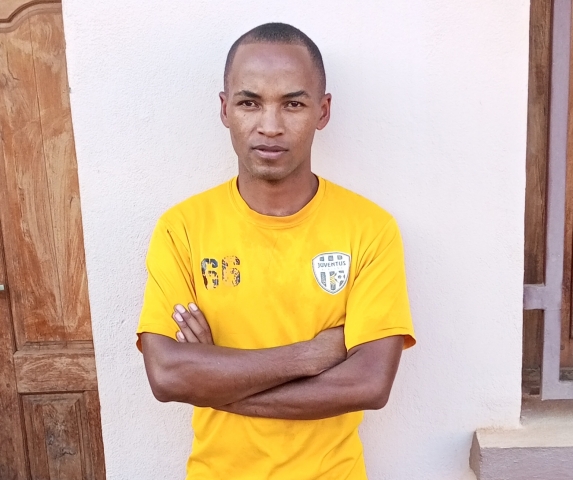
Lucien provides protection and surveillance for our office in Ambatondrazaka.
Madagasikara Voakajy uses conservation science and community participation to protect endemic Malagasy species and their habitats. We currently have projects devoted to chameleons, frogs, bats, and baobabs and a number of cross-programme strategies allow these different activities to be integrated.
It is important to understand how biodiversity functions as an economic resource and whether it provides opportunities for conservation or threats to populations and habitats. We are interested in the consumption of wild animals (bats, lemurs, frogs) by people and how this contributes to income generation and food security. The threats associated with bushmeat are also being explored, and these include the risk of pathogen transfer from animals to people and the consequences of unsustainable exploitation on population persistence. We are also investigating other ways that our focal species may be exploited to improve livelihoods, including ecotourism, direct payments for conservation and community-benefits for trade in CITES Appendix II species.
Decisions about conservation management and resource allocation are best made with robust scientific data that holds up to scrutiny. We therefore strive to conduct high quality research and publish it in peer-reviewed journals. Where possible we make our research projects relevant to conservation and livelihoods. For example, we are using results from a studies on diet and movements by flying foxes to promote their conservation as seed dispersers. Only though a better understanding of the ecology our our focal species can we hope to tailor appropriate conservation plans.
Education is the conrnerstone of community conservation and we always engage local people in the sites where we work. Indeed, our focal species tend to either be unprotected (e.g. bats), occur outside of protected areas (e.g. Mantella aurantiaca) or are neglected by other conservation teams (e.g. chameleons) and community participation and cooperation is therefore essential.
Through our student training programme we continue to nurture the next generation of Malagasy scientists. However, we also believe that capacity needs to be supported after its creation and we therefore aim to build the careers of promising Malagasy biologists through employment in Madagasikara Voakajy.
Increasingly we are becoming involved in conserving critical habitats for our focal species. These sites are usually small forest fragments that have been overlooked in conservation planning but are vital for the survival of certain fruit bats as well as threatened amphibians.

Lucien provides protection and surveillance for our office in Ambatondrazaka.
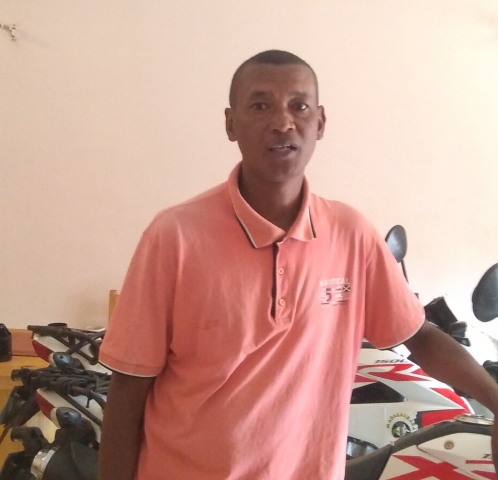
Ruffin is our security guard based in Ambatondrazaka
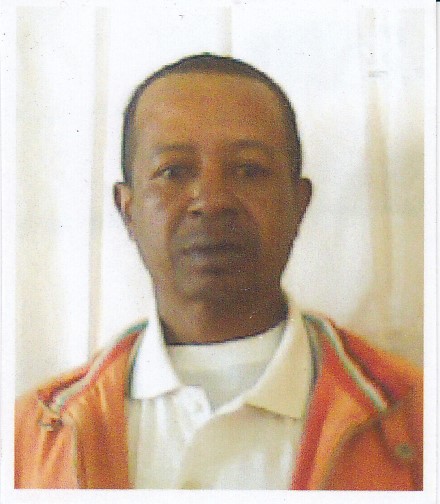
Jean Paul ensures the protection and the surveillance of our campement in Mangabe.
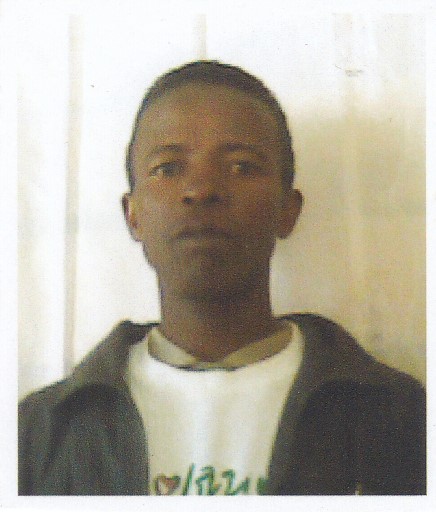
Jean Claude ensures the protection and the surveillance of our campement in Mangabe.
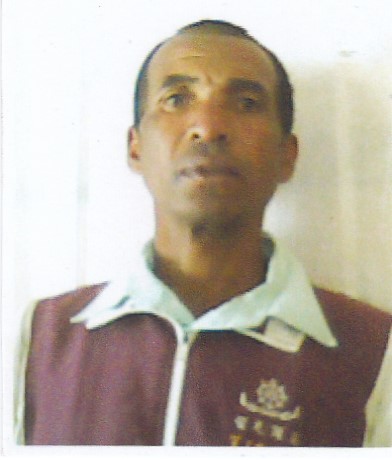
Etienne ensures the protection and the surveillance of our campement in Mangabe.
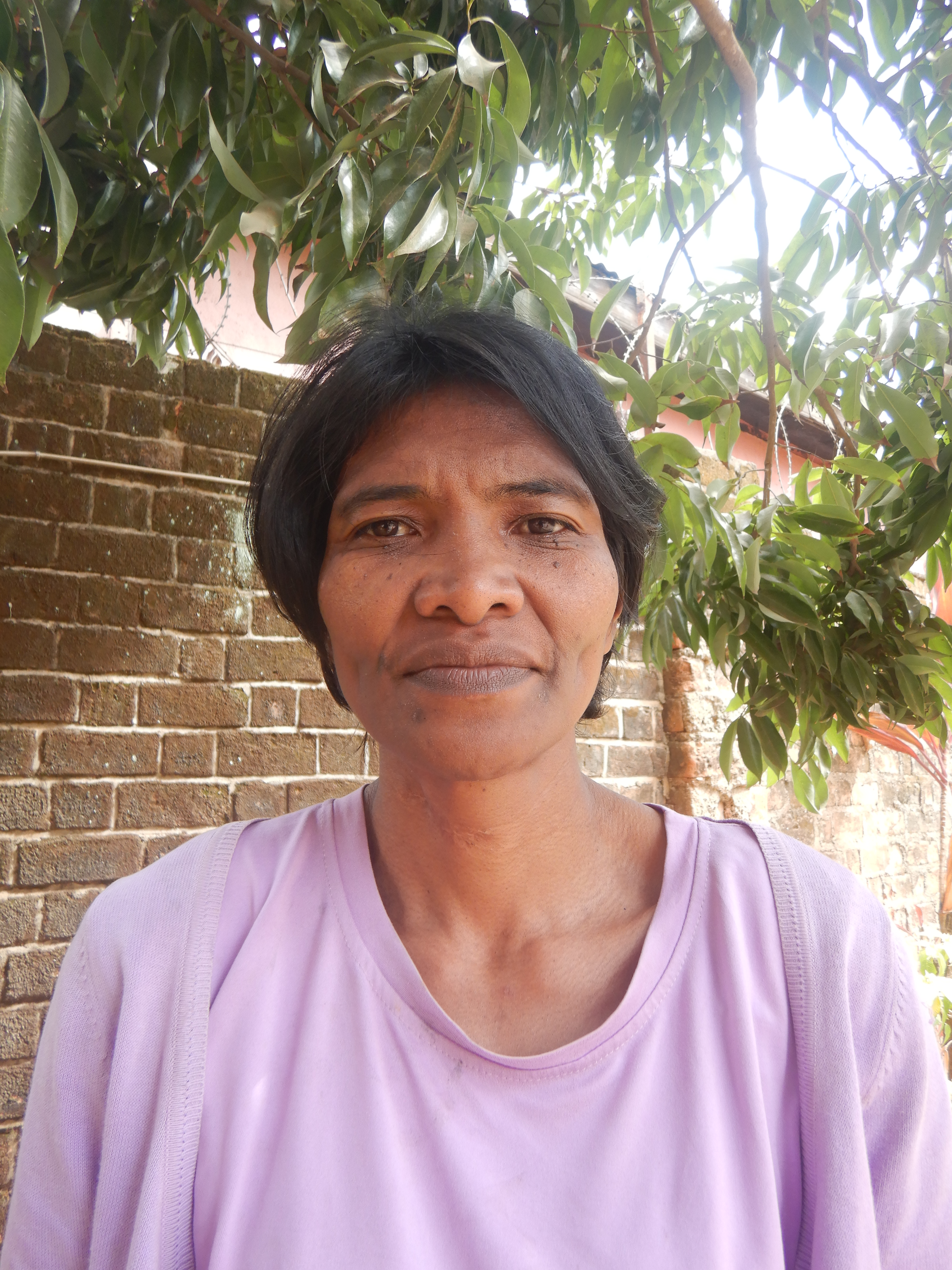
Vero keeps our office in Antananarivo clean and enjoyable. She is in charge of the preparation of the meals for the staff in Tanà.
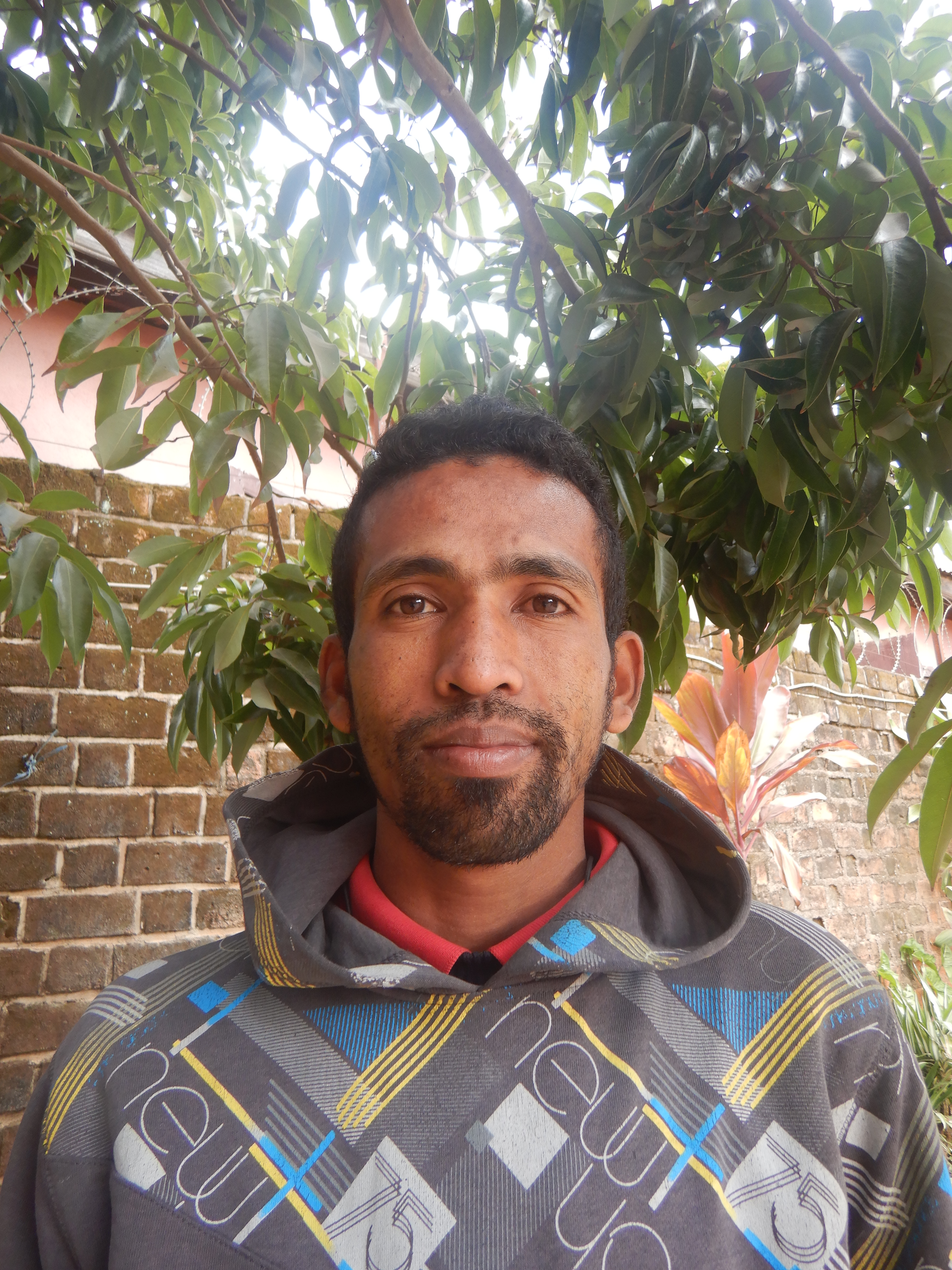
Yves provides protection and surveillance for our office in Antananarivo.
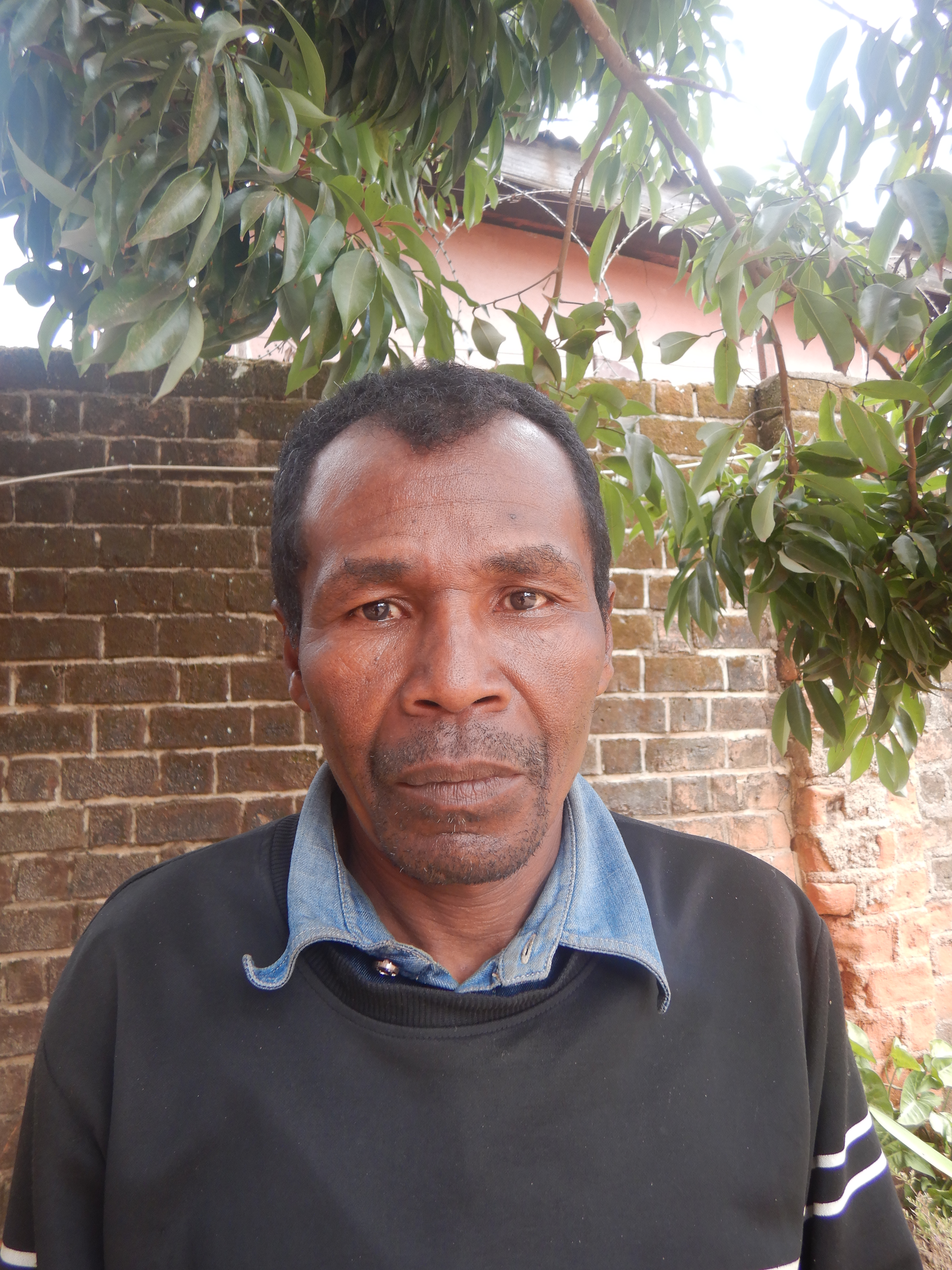
Gabriel provides protection and surveillance for our office in Antananarivo.
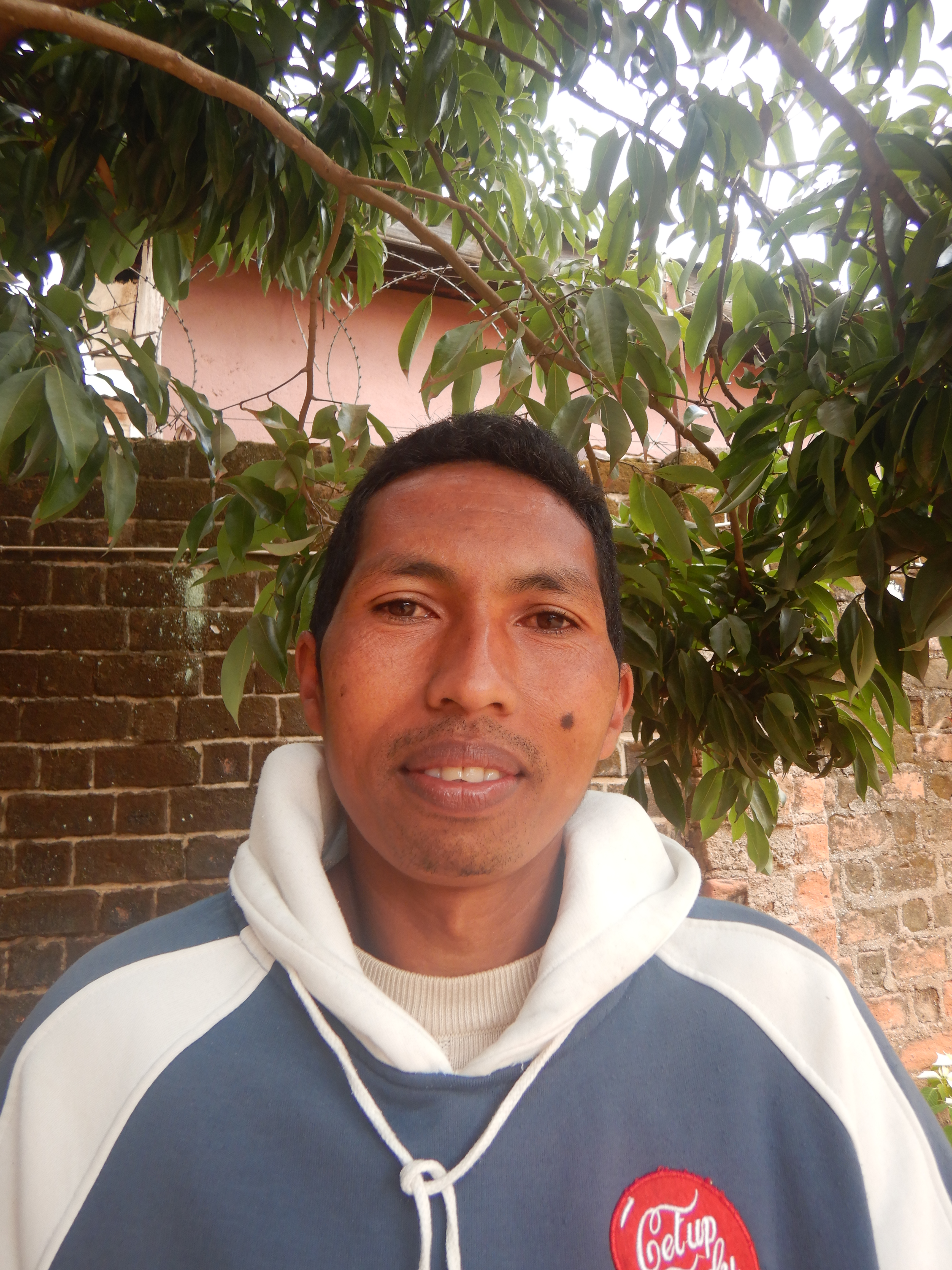
Charles provides protection and surveillance for our office in Antananarivo.
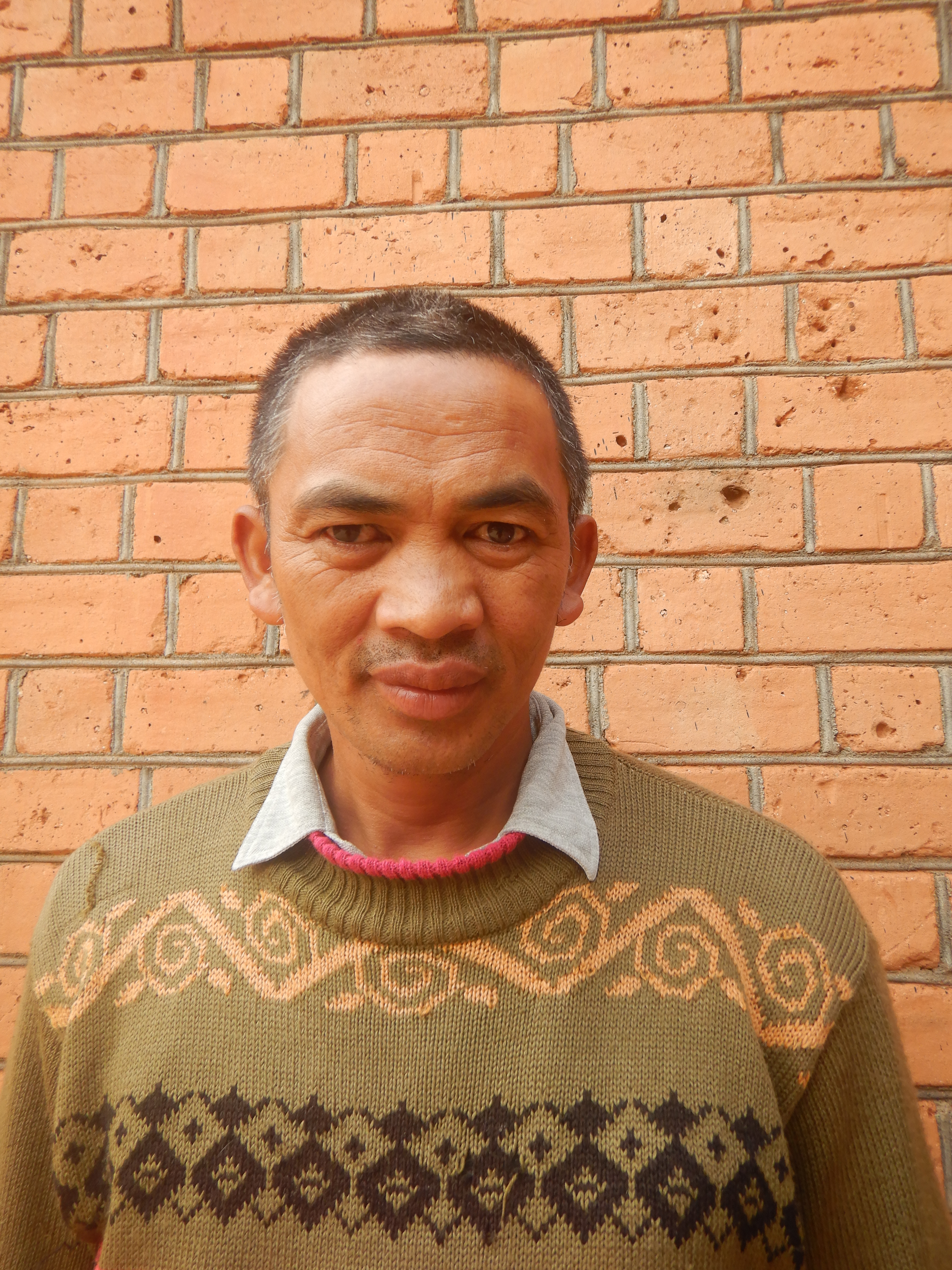
Nirina provides protection and surveillance for our office in Antananarivo.
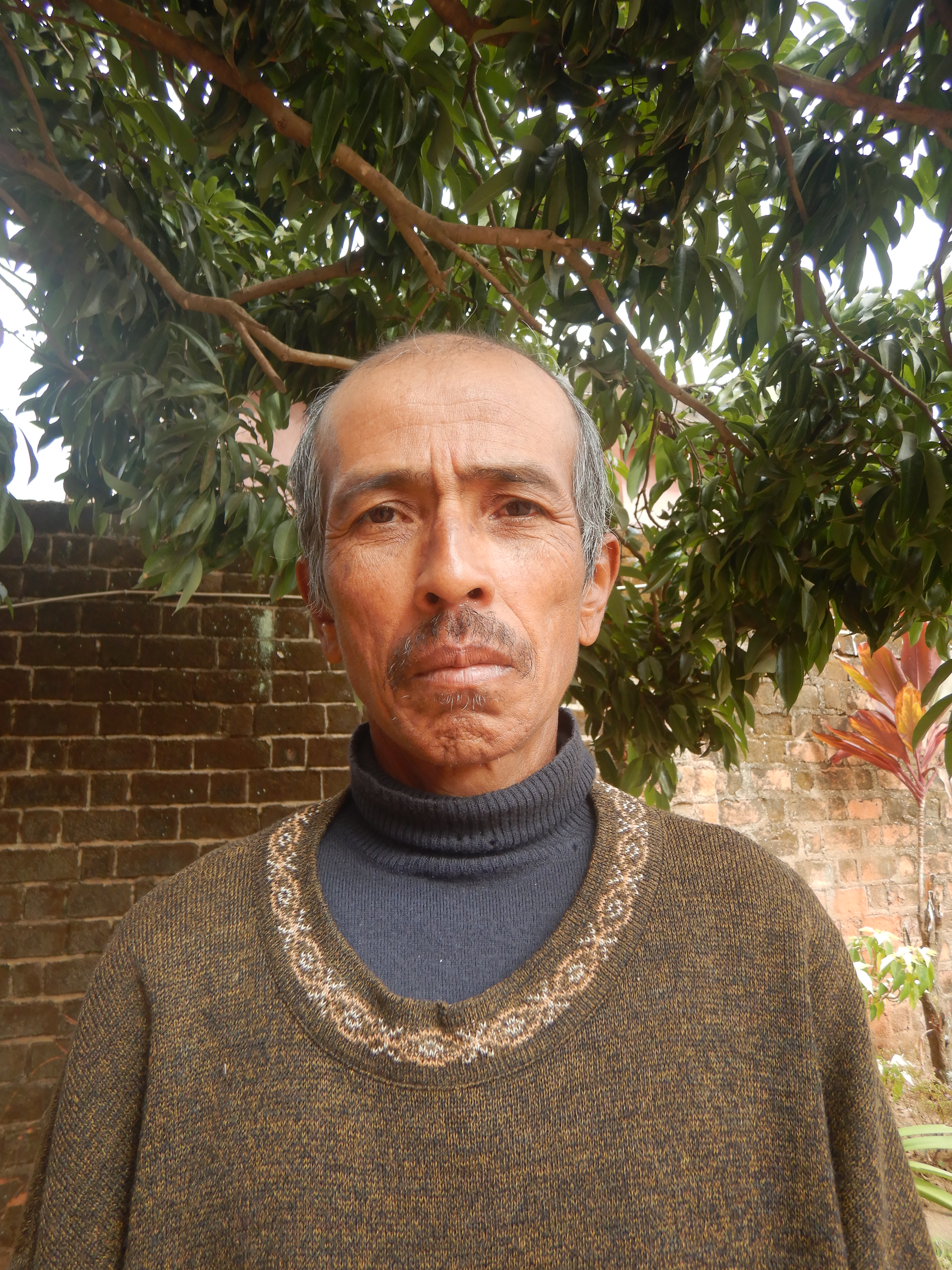
Mano provides protection and surveillance for our office in Antananarivo.
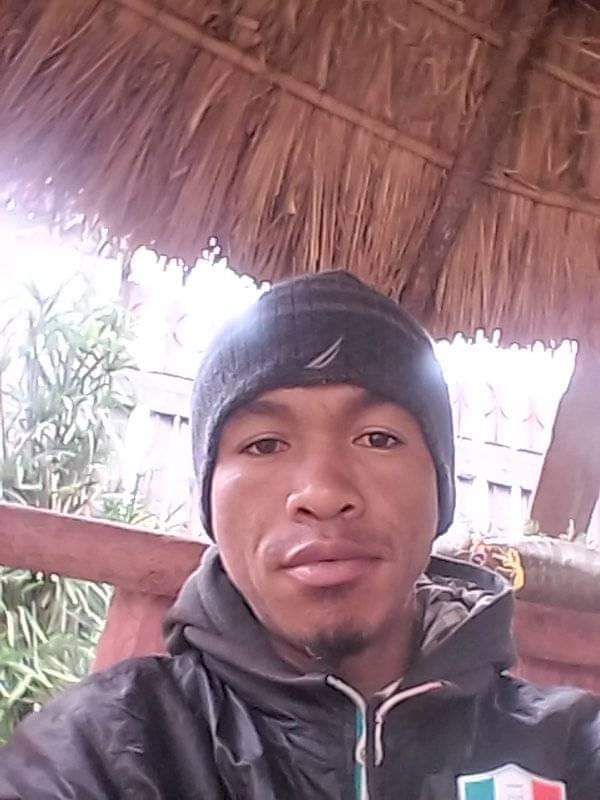
Angelson provides protection and surveillance for our office in Moramanga.
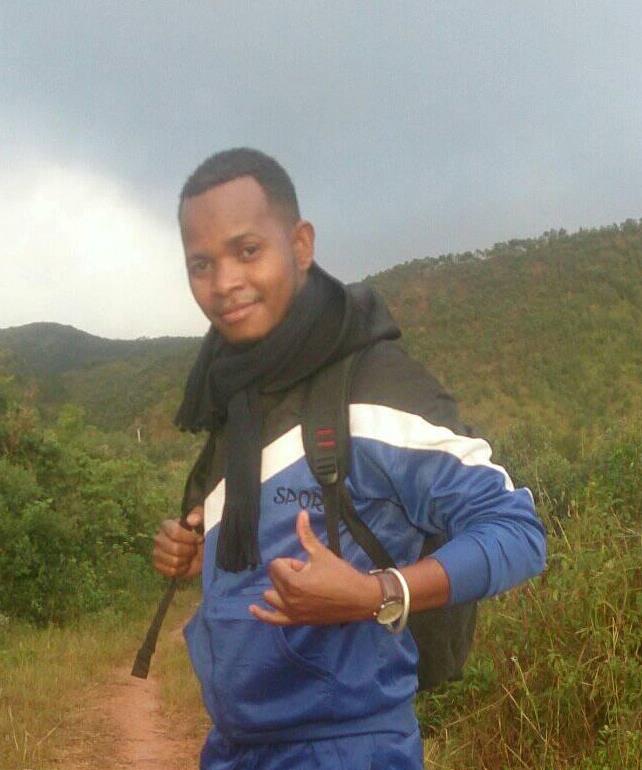
Télésphore provides protection and surveillance for our office in Moramanga.
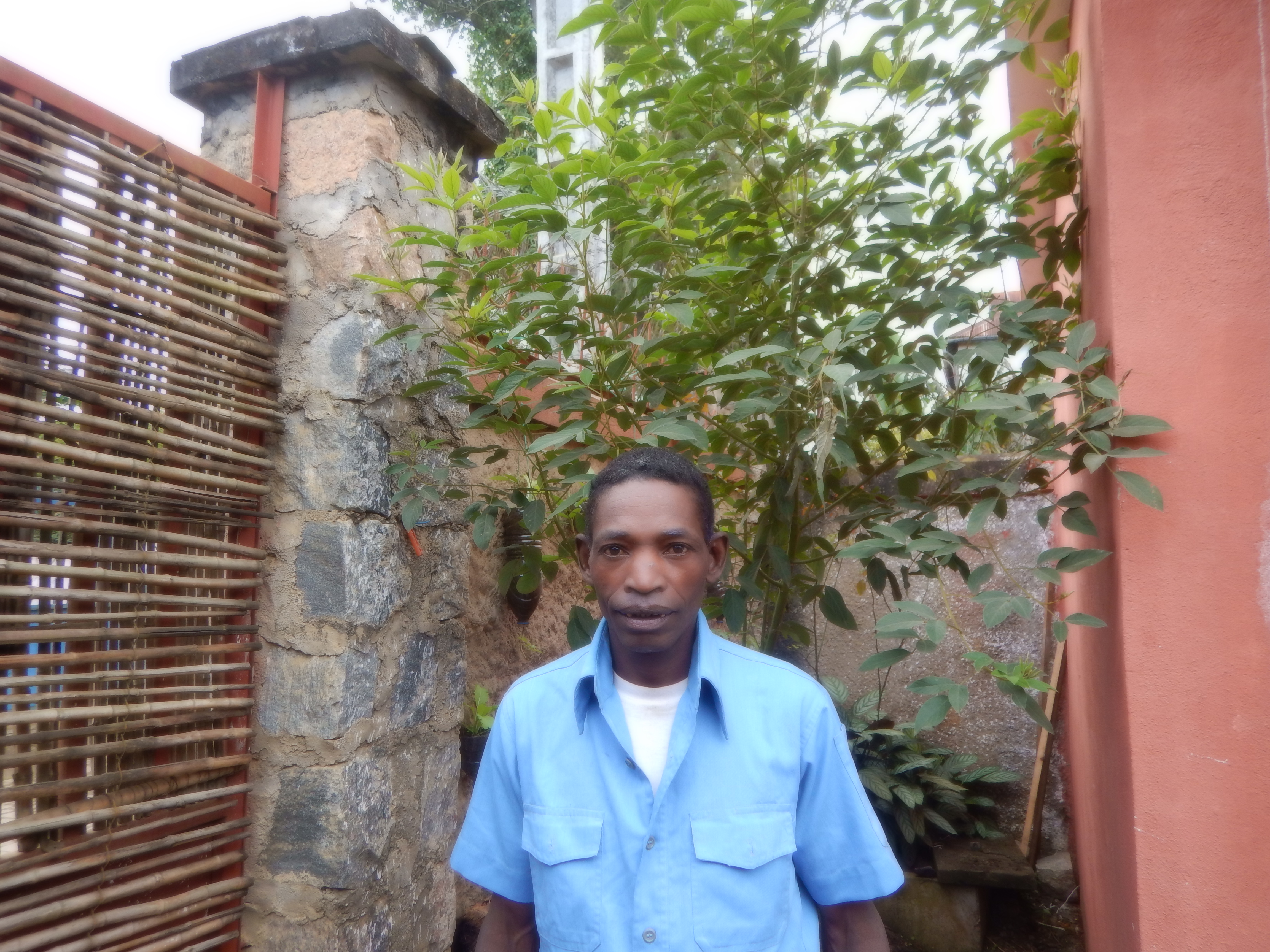
Ramanantsoa provides protection and surveillance for our office in Moramanga.
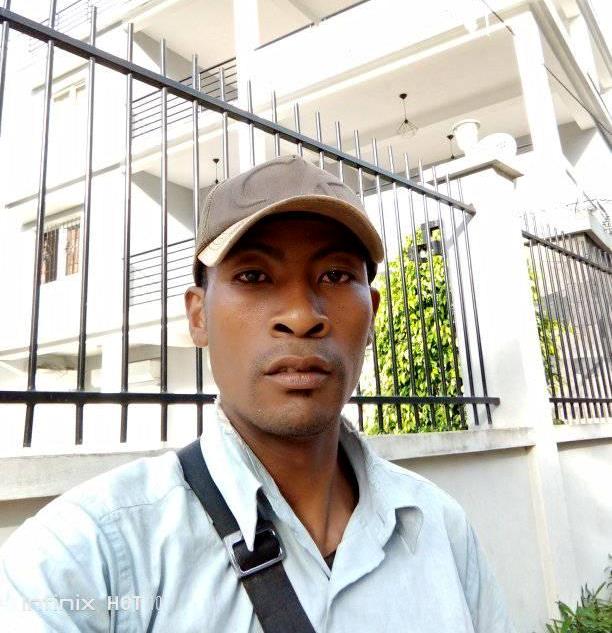
Joré provides protection and surveillance for our office in Moramanga.
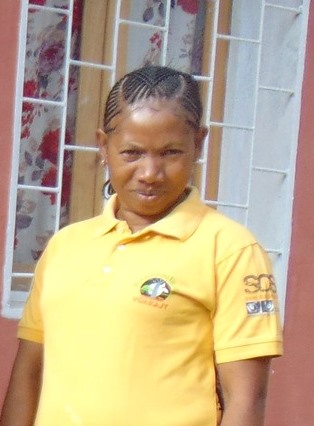
Heri keeps our office in Moramanga clean and enjoyable.